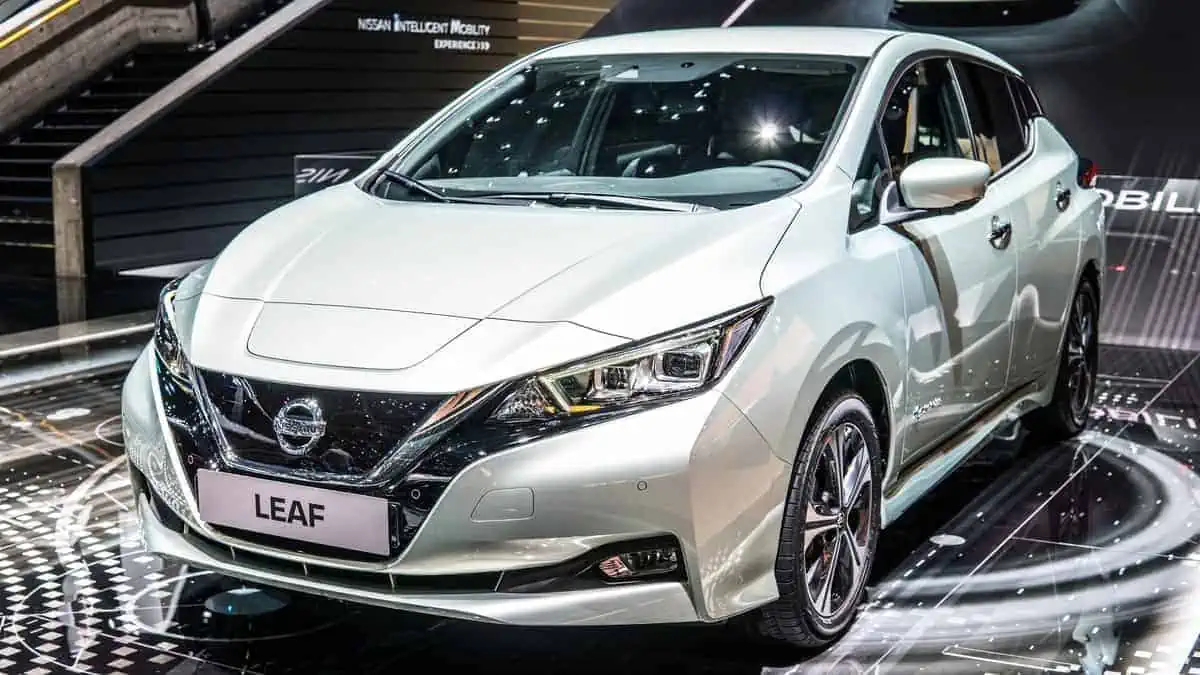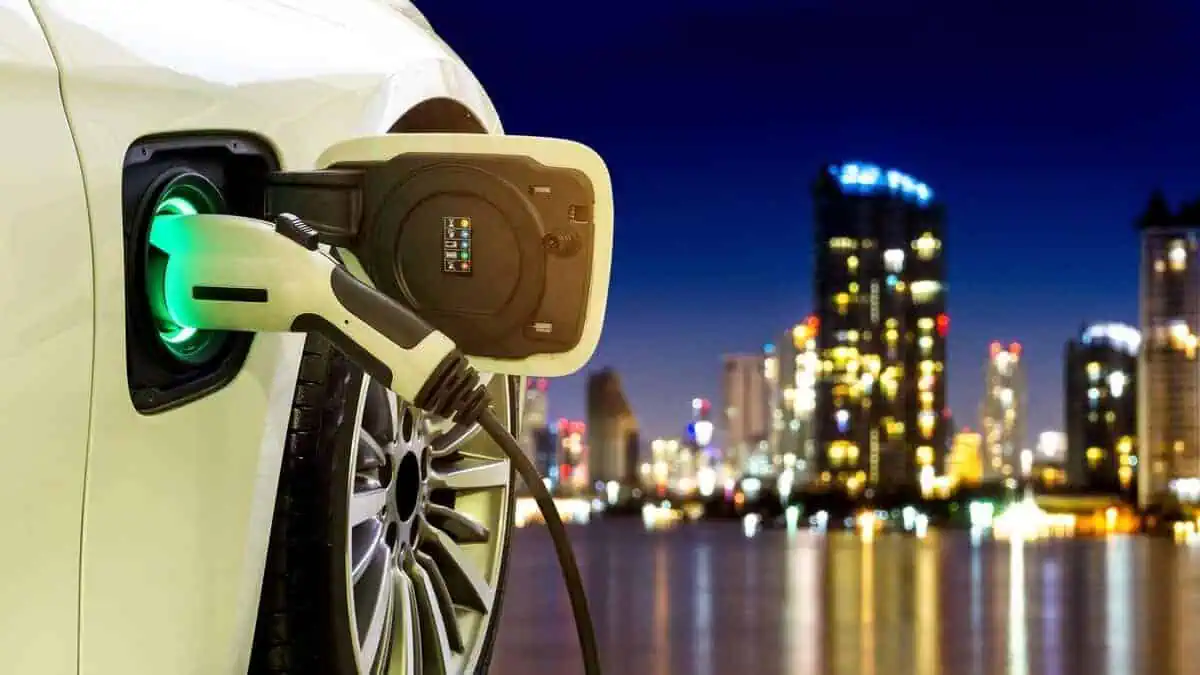Japanese legacy automaker Nissan has just announced that it managed to regain the $3,750 electric vehicle tax credit for the iconic Leaf.
It proudly confirmed in a press release that it successfully met the updated battery component standards under the Inflation Reduction Act.
In retrospect, the Nissan Leaf EV was among the many electric cars the US Treasury Department eliminated from the list of eligible models with the release of the stricter qualification standards.
Announcement details
Nissan stated that the Leaf now qualifies for the new battery component requirements of the IRA’s tax credits for battery-powered vehicles.
That said, the Nissan Leaf EV’s battery contains at least 50% of components produced or assembled in North America, AutoBlog reports.
“For more than a decade, the LEAF has been one of the most attainable electric vehicles on the market. Eligibility for part of the federal EV tax credit puts LEAF within reach for even more customers who are ready to make the switch to an EV.”
Judy Wheeler, divisional vice president, Nissan U.S. Sales and Regional Operations
The Japanese automaker moved the production of the Nissan Leaf’s battery to its Smyrna plant in Tennessee, USA.
In effect, the 2023 Nissan Leaf EV is once again eligible for the US EV tax credit through December 31, 2023.
Key specs
Electrek indicated that the Nissan Leaf EV currently has two available variants, including the LEAF S and SV Plus.
Nissan offers two battery configurations for the all-electric Leaf, with the smaller 40 kWh delivering a 149-mile driving range.
The 60 kWh battery pack boasts an EPA-estimated range of 212 miles, which is more expensive than the base variant.
Here are the key specifications of the 2024 Nissan Leaf variants:
| Variants | EPA est range | Battery capacity | Electric motor | Starting price (incl $1,095 destination and handling fee) |
| 2024 Nissan LEAF S | 149 miles | 40 kWh | 147hp / 236 lb-ft of torque | $29,235 |
| 2024 Nissan LEAF SV PLUS | 212 miles | 60 kWh | 214hp / 250 lb-ft of torque | $37,285 |
Nissan Leaf EV’s history
Nissan initially introduced the Leaf EV in 2010, enabling the model to gain the “first mass-market EV” title.
It also consistently topped the sales rankings for many years. However, the arrival of the Tesla Model 3 disrupted the Nissan Leaf’s dominance in early 2020.
Nonetheless, the Nissan Leaf EV managed to cross the 1 million sales threshold since its market launch in July 2023. It revamped the Leaf in 2022 with a new grille design, headlight, and front bumper.
See Also:
The Nissan Leaf EV’s eligibility for half the US tax credit will surely attract more customers and boost its sales in the following quarter.
Nissan was also among the established automakers to adopt Tesla NACS by 2025 to expand the charging options of its customers.






